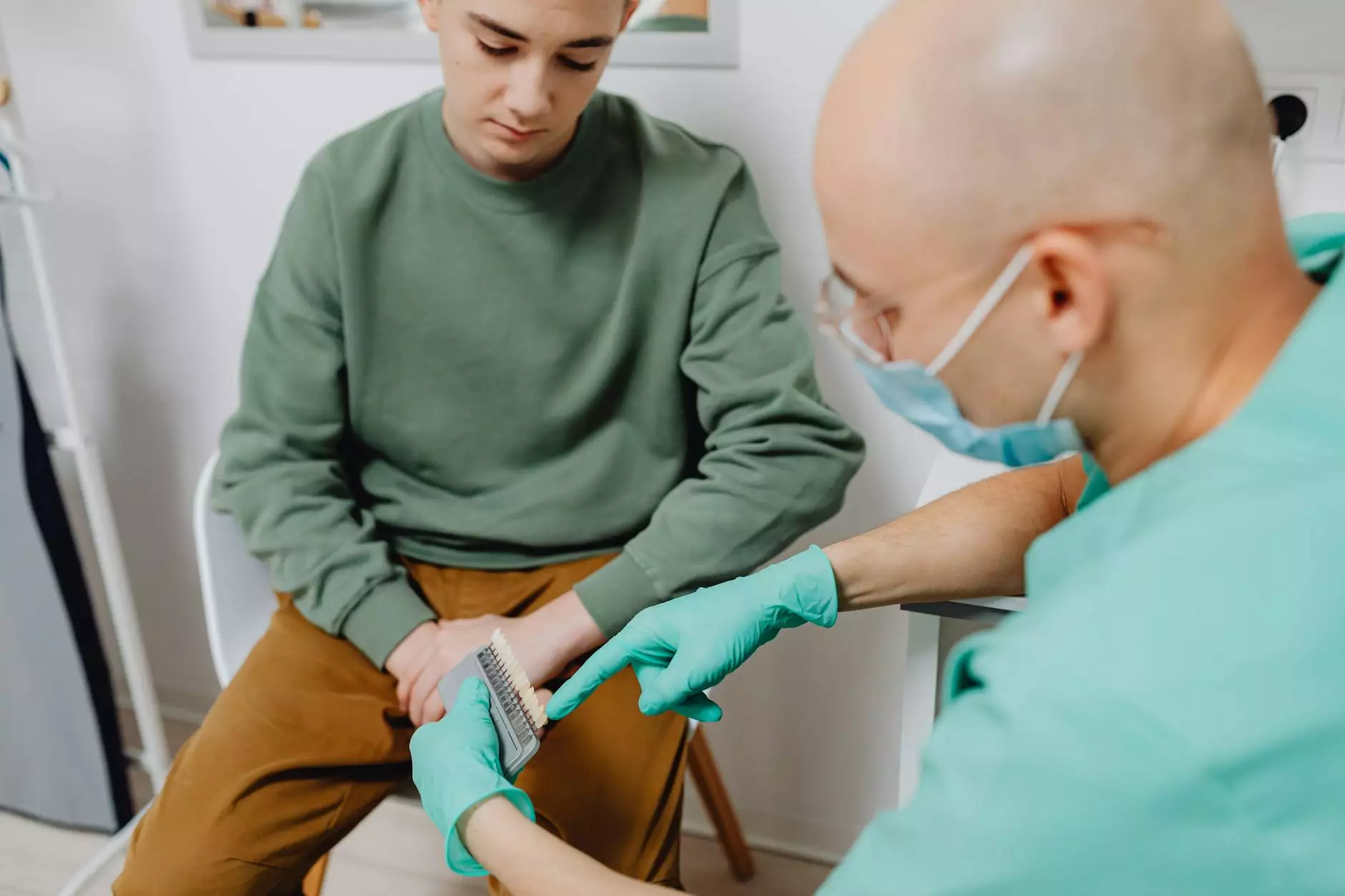The Importance of Vein Physicians in Modern Healthcare

Vein physicians play a crucial role in the medical world, particularly in the field of vascular medicine. They specialize in diagnosing and treating disorders related to the veins and circulatory systems, ensuring patients lead healthier lives free from discomfort and complications. This article delves into the essential contributions of vein physicians, the conditions they treat, and the cutting-edge advancements in vascular care.
Understanding Vascular Health
The vascular system comprises a network of veins and arteries that are essential for transporting blood throughout the body. Maintaining the health of this system is vital because issues within it can lead to significant health concerns. Here, we will explore some common vascular conditions that vein physicians address:
- Varicose Veins: Enlarged veins often found in the legs that can cause pain and discomfort.
- Chronic Venous Insufficiency: A condition where veins struggle to send blood back to the heart, leading to swelling and skin changes.
- Deep Vein Thrombosis (DVT): The formation of a blood clot in a deep vein, which can be life-threatening if it travels to the lungs.
- Peripheral Artery Disease (PAD): Atherosclerosis in the arteries that reduces blood flow, resulting in pain during physical activities.
- Venous Ulcers: Open sores on the skin due to poor circulation, often requiring medical treatment to heal.
The Role of Vein Physicians
Vein physicians, also known as phlebologists or vascular specialists, are dedicated medical professionals who have undergone extensive training in diagnosing and managing various venous disorders. Their role includes:
Diagnosis
Using advanced diagnostic tools, vein physicians assess the condition of a patient's vascular health. Common methods include:
- Ultrasound Imaging: A non-invasive technique that uses sound waves to visualize blood flow and detect clots.
- Venography: An X-ray test that involves injecting a contrast dye to highlight vein problems.
- Physical Examination: A thorough examination helps identify visible vein issues and assess symptoms.
Treatment Options
After diagnosing the condition, vein physicians customize treatment plans based on individual patient needs. Treatment options often include:
- Compression Therapy: Utilizing compression stockings to reduce swelling and improve blood circulation.
- Endovenous Laser Therapy (EVLT): A minimally invasive procedure using laser energy to close affected veins.
- Radiofrequency Ablation: Similar to EVLT but uses radiofrequency energy to treat varicose veins.
- Sclerotherapy: Involves injecting a solution into the vein, causing it to scar and fade away.
- Vein Stripping: A surgical method to remove varicose veins, typically reserved for severe cases.
Advancements in Vein Treatment
As medical technology evolves, so do the techniques and treatments available to vein physicians. Innovative approaches lead to better outcomes and reduced recovery times for patients. Some notable advancements include:
- Minimally Invasive Procedures: Advances in techniques such as EVLT and radiofrequency ablation have made procedures less traumatic for patients.
- Ultrasound-Guided Techniques: This allows for precise and safer treatments by visualizing the veins in real-time during the procedure.
- Improved Patient Education: Enhanced resources and counseling help patients understand their conditions and the importance of preventative care.
The Patient Experience
Visiting a vein physician can be a life-changing experience for many patients. Their journey often begins with:
Initial Consultation
During the first visit, vein physicians will conduct a comprehensive evaluation of the patient's medical history and perform necessary exams. Patients should come prepared with:
- A record of symptoms and their duration.
- Information on any previous treatments.
- A list of current medications and allergies.
Customized Treatment Plans
Every patient is unique. After diagnosing the condition, vein physicians develop a personalized treatment strategy that aligns with the patient's health goals, lifestyle, and preferences. Communication is key, and patients are encouraged to discuss their concerns openly.
Post-Treatment Care
Following treatment, vein physicians provide essential follow-up care to monitor recovery. This may involve:
- Regular check-ups to assess vein health.
- Recommendations for exercise and diet adjustments to support vascular health.
- Guidance on wearing compression garments, if needed.
Importance of Preventative Care
Preventative care is vital in maintaining vascular health and preventing future issues. Vein physicians encourage lifestyle changes that promote healthy circulation, such as:
- Regular Exercise: Engaging in physical activity strengthens the veins and improves blood flow.
- Healthy Diet: A diet rich in vegetables, fruits, and whole grains supports overall circulation.
- Avoiding Prolonged Inactivity: Taking breaks during long periods of sitting or standing promotes better blood flow.
Conclusion
Vein physicians are indispensable in today’s healthcare landscape, offering specialized knowledge and treatment for a wide range of venous disorders. Their skills not only alleviate immediate concerns but also contribute to the long-term health of patients. With continued advancements in the field, the future of vascular medicine looks bright, promising better outcomes for patients dealing with vein-related issues. If you are experiencing symptoms related to vein health, consider consulting a vein physician to explore your options and regain control of your health.
For more information on vein health and to connect with qualified vein physicians, visit Truffles Vein Specialists today!



